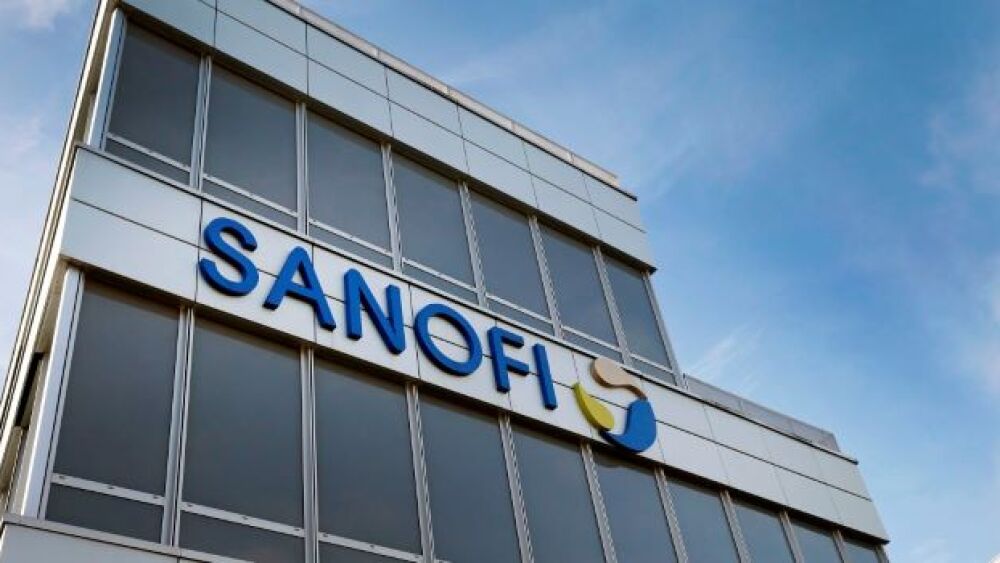Researchers found improvements in the study’s co-primary endpoints in patient-reported measures of esophageal inflammation and difficulty swallowing.
Chesnot/Getty Images
Dupixent (dupilumab) scored its second win in a week after Regeneron Pharmaceuticals and Sanofi revealed positive results from the second Phase III trial for the treatment of eosinophilic esophagitis (EoE).
Trial participants aged 12 years and older were given 300 mg of Dupixent weekly, while others were placed in a placebo group. After 24 weeks, the researchers found improvements in the study’s co-primary endpoints of esophageal inflammation and difficulty swallowing.
This is the second good news on Dupixent in seven days. Last week, the companies announced positive Phase III trial results for its potential to treat prurigo nodularis, a chronic type 2 inflammatory disease that causes skin lesions and extreme itching.
EoE is a chronic and progressive type 2 inflammatory illness that destroys the esophagus and eventually disables a person from swallowing even a sip of water. Those diagnosed with EoE have a poor quality of life that’s riddled with frustration and anxiety. Most patients undergo esophageal dilation procedures to address the narrowing, which can cause pain. However, in extreme cases, patients have to rely on a feeding tube for nutrition.
The U.S. Food and Drug Administration already gave Dupixent a Breakthrough Therapy Designation in September 2020 for the treatment of EoE on patients 12 years old and up, and Orphan Drug designation for the same in 2017.
“The current standard of care for people with eosinophilic esophagitis may only provide limited relief of their symptoms. Efforts to develop a treatment that targets an underlying cause of the disease has eluded the field for some time, resulting in an incredible unmet need. We are encouraged that Dupixent, which targets IL-4 and IL-13, was able to reduce inflammation in the esophagus and provided significant relief when swallowing for patients taking the weekly dose,” said Naimish Patel, M.D., the head of global development, immunology, and inflammation at Sanofi, in a statement.
Safety results were consistent with the drug’s safety profile in its approved use. Adverse events usually included injection site reactions, fever, hypertension, and sinusitis. There was no imbalance in the rates of treatment discontinuation due to these adverse events.
Dupilumab is a joint development of Regeneron and Sanofi. As of this writing, the drug has been studied in 60 clinical trials with over 10,000 participants with different chronic illnesses linked with type 2 inflammations. These include chronic obstructive pulmonary disease, chronic spontaneous urticaria, and allergic bronchopulmonary aspergillosis, among others.
The latest results shared on its EoE treatment potential are only up to 24 weeks, but the current Phase III trial has an extended active treatment period of 52 weeks. Complete data is expected to be sent to regulatory authorities by 2022.





